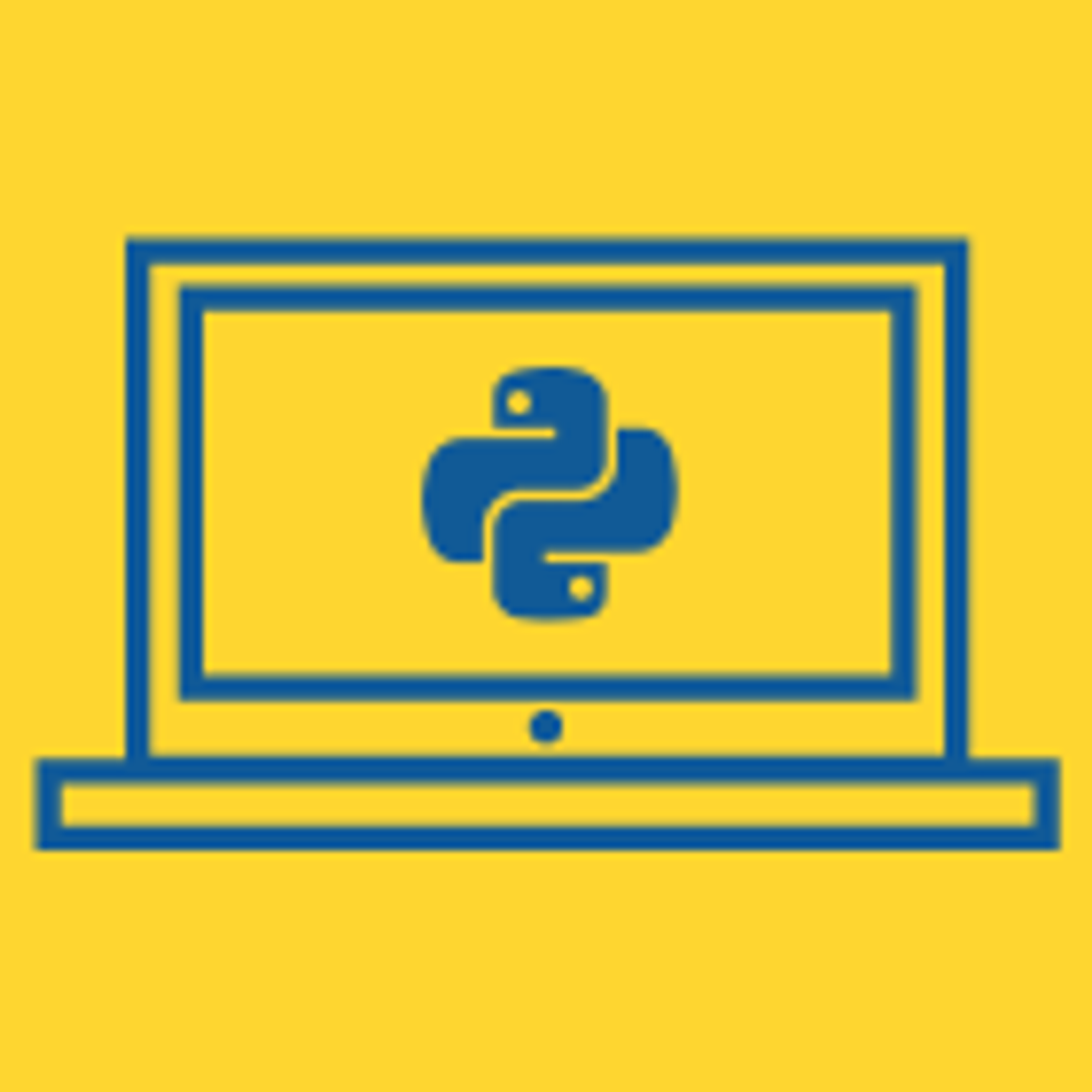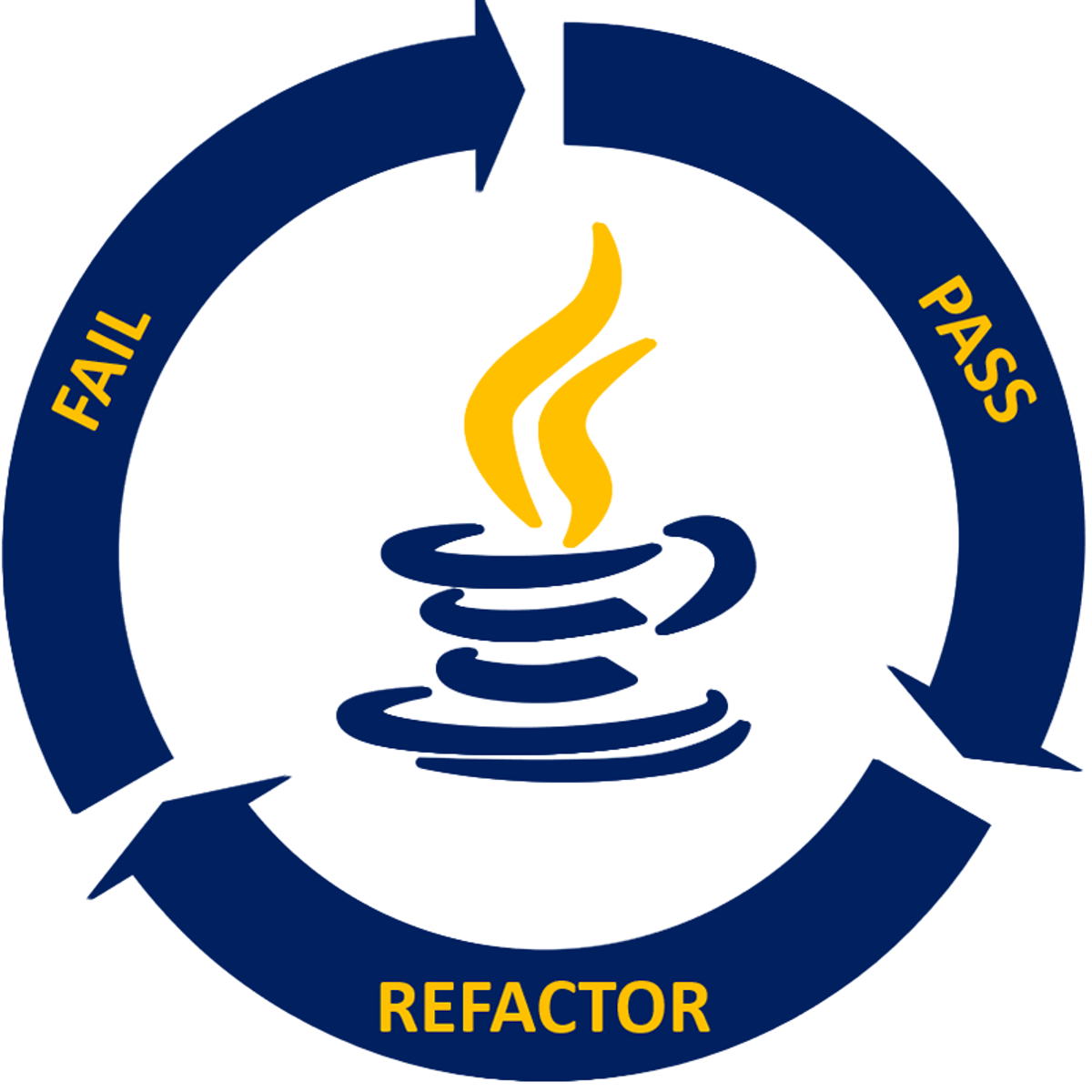Back to Courses









Software Development Courses - Page 14
Showing results 131-140 of 1266

Scrum Master Certification Exam Preparation
This course is designed to help Scrum beginners review knowledge in order to prepare to take the Scrum Master Certification Exam. We will review several of the Scrum Methodologies and the Sprint process as well as complete several exercises and discussions.
This is a standalone course, however we recommend completing the Scrum Master Certification specialization courses prior to beginning this one, as the methodologies and exercises within those courses are the foundations for this exam preparation course.

Python Basics: Selection and Iteration
Code and run your first python program in minutes without installing anything!
This course is designed for learners with no coding experience, providing a solid foundation of not just python, but core Computer Science topics that can be transferred to other languages. The modules in this course cover printing, operators, iteration (i.e., loops), and selection (i.e., conditionals).
To allow for a truly hands-on, self-paced learning experience, this course is video-free. Assignments contain short explanations with images and runnable code examples with suggested edits to explore code examples further, building a deeper understanding by doing. You'll benefit from instant feedback from a variety of assessment items along the way, gently progressing from quick understanding checks (multiple choice, fill in the blank, and un-scrambling code blocks) to small, approachable coding exercises that take minutes instead of hours.

Build and Implement Microservices Patterns
Do you think an e-commerce application can be created as one large application?
Imagine there is an ongoing sale, or some new features are to be added. How, according to you are the changes made visible on the application? Microservices is a cloud-based architectural approach. It contains loosely coupled, and independently deployable smaller services that are put together cohesively to develop and work on larger, and more complex applications. This approach is being increasing recognized among the business leaders of today, as it helps them structure their operation model and manage their teams according to their requirements. This course will enable you to create an application using multiple microservices. It will provide you hands-on practice on building microservices using Node.js and help establish communication between the microservices.

Overview of JUnit Testing
This course is a basic introduction to JUnit, covering the essential techniques for testing java code.

Extract Text Data with Java and Regex
By the end of this project, you will extract email text data from a file using a regular expression in a Java program.
Java is a widely used programming language largely because of its versatility. One of the Developer tools often needed is file data extraction and Java contains methods to handle that task. For example, email files containing email addresses can often be difficult to analyze because of extraneous data. Error log files may also be more easily analyzed by matching specific data fields.
Note: This course works best for learners who are based in the North America region. We’re currently working on providing the same experience in other regions.

Real-World Cloud PM 1 of 3: Cloud Business and Technology
Sponsored by AMAZON WEB SERVICES (AWS). Learn real-world technical and business skills for product managers or any other job family involved in the rapidly expanding cloud computing industry. Ace the AWS Certified Cloud Practitioner Exam.
Featuring
* NANCY WANG, GM of AWS Data Protection Services, AWS; Founder and CEO, Advancing Women in Tech (AWIT)
* MAI-LAN TOMSEN BUKOVEC, VP of Amazon EBS, S3, and Glacier
* TODD WEATHERBY, VP of AWS Professional Services Worldwide
* ERIN YANG, VP and Chief Technologist, Workday Ventures
* DAN SCHEINMAN, 1st Investor in Zoom
With GORDON YU, Technical Product Manager, AWS; General Counsel and Coursera Director, AWIT.
This course is the 1st in a 3-course Specialization.

Using Agones to Easily Create Scalable Game Servers
This is a self-paced lab that takes place in the Google Cloud console.
In this lab you will install Agones on a Kubernetes cluster, then create a simple UDP game server with Agones.

Concurrent Programming in Java
This course teaches learners (industry professionals and students) the fundamental concepts of concurrent programming in the context of Java 8. Concurrent programming enables developers to efficiently and correctly mediate the use of shared resources in parallel programs. By the end of this course, you will learn how to use basic concurrency constructs in Java such as threads, locks, critical sections, atomic variables, isolation, actors, optimistic concurrency and concurrent collections, as well as their theoretical foundations (e.g., progress guarantees, deadlock, livelock, starvation, linearizability).
Why take this course?
• It is important for you to be aware of the theoretical foundations of concurrency to avoid common but subtle programming errors.
• Java 8 has modernized many of the concurrency constructs since the early days of threads and locks.
• During the course, you will have online access to the instructor and mentors to get individualized answers to your questions posted on the forums.
• Each of the four modules in the course includes an assigned mini-project that will provide you with the necessary hands-on experience to use the concepts learned in the course on your own, after the course ends.
The desired learning outcomes of this course are as follows:
• Concurrency theory: progress guarantees, deadlock, livelock, starvation, linearizability
• Use of threads and structured/unstructured locks in Java
• Atomic variables and isolation
• Optimistic concurrency and concurrent collections in Java (e.g., concurrent queues, concurrent hashmaps)
• Actor model in Java
Mastery of these concepts will enable you to immediately apply them in the context of concurrent Java programs, and will also help you master other concurrent programming system that you may encounter in the future (e.g., POSIX threads, .NET threads).

Game Design and Development 3: 3D Shooter
If you love games and want to learn how to make them, then this course is your third step down that path. In this course you will learn the fundamentals of game design, including an understanding of level design, game balancing, prototyping, and playtesting, as well as game asset creation techniques. You will continue developing video games using industry standard game development tools, including the Unity 2020 game engine. At the end of the course you will have completed a 3D First-Person Shooter game, and will be able to leverage an array of game development techniques to create your own basic games.

Set up Google Analytics for a single page website
In this 1-hour long project-based course, you will learn how to set up Google Analytics for web sites and particularly for single-page web applications/websites.
Note: This course works best for learners who are based in the North America region. We’re currently working on providing the same experience in other regions.
Popular Internships and Jobs by Categories
Find Jobs & Internships
Browse
© 2024 BoostGrad | All rights reserved